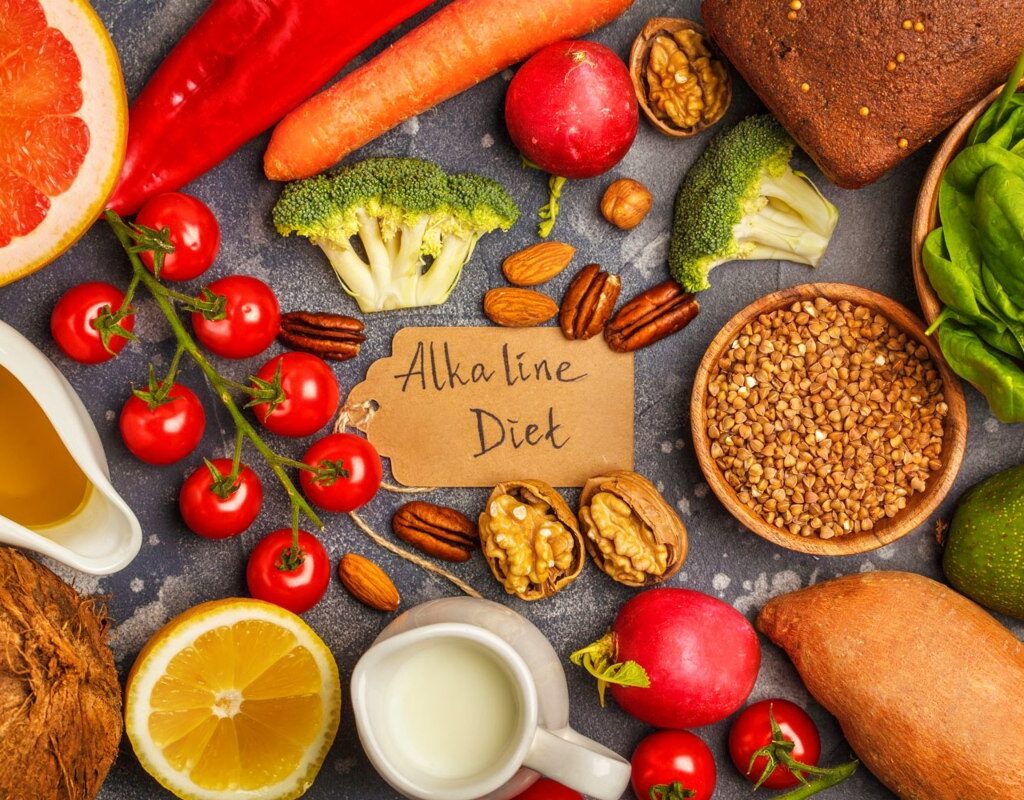Have you ever pondered the impact of your dietary choices on your health? The complex mechanisms of our bodies rely significantly on maintaining an acid-alkaline balance. An ill-chosen diet, predominantly high in acidifying foods, can induce acidosis, thereby jeopardizing our health. Explore the benefits of an alkaline diet and its potential in preserving a healthy lifestyle.
Unraveling the Alkaline Diet: A Nod to Otto Warburg’s Contributions
In the usual flow of 1931, an audacious scientist forever altered the landscape of medical understanding. Otto Heinrich Warburg, acclaimed throughout history as the individual who unveiled the primary catalyst of cancer, was honored with the Nobel Prize in Medicine.
His groundbreaking work, “The Primary Cause and Prevention of Cancer,” would incite a revolution in our approach to diet and lifestyle.
Today, we intend to revisit and illuminate Warburg’s thesis, viewing it through a lens that might resonate with you, valued reader. After all, who wouldn’t be intrigued to decode the secrets of a healthy existence?
The Hidden Battle: Balancing Acidity and Alkalinity
In Warburg’s perspective, cancer was merely a manifestation of an anti-physiological way of life.
Indeed, a diet laden with acidifying foods coupled with a sedentary lifestyle paves the way for this disease. The connection? Both foster an acidic ambiance within our bodies, leading to the expulsion of oxygen from the cells.
In Warburg’s own articulation, oxygen deficiency and acidosis are simply two faces of the same coin. Acidic substances push away oxygen, whereas alkaline substances draw it in. Consequently, an acidic environment inevitably morphs into an oxygen-starved one. Warburg even asserted that by depriving a cell of 35% of its oxygen supply for 48 hours, it could turn cancerous.
Understanding Acidity and Alkalinity: The Cellular Perspective
The Nobel laureate researcher maintained that all normal cells necessitate oxygen for survival. Conversely, cancer cells have a remarkable capacity to exist even in oxygen-deprived conditions, an attribute that holds invariably. “Cancerous tissues lean toward acidity, while healthy tissues exhibit an alkaline nature,” he articulated.
In his seminal work, “The Metabolism of Tumors,” Warburg proposed that all cancer types share two fundamental conditions: acidosis and hypoxia (oxygen scarcity).
He established that cancer cells are anaerobic (they don’t utilize oxygen) and cannot thrive when high levels of oxygen are present. However, these cells can survive through the consumption of glucose, provided the environment lacks oxygen.
Our Meals: Battlefronts
Warburg portrayed cancer as a mere defensive strategy employed by certain cells to subsist in an acidic, oxygen-deficient environment.
Healthy cells, on the one hand, inhabit an alkaline, oxygen-rich environment, enabling them to operate normally. Conversely, cancer cells exist in an environment characterized by extreme acidity and oxygen deprivation. Post digestion, the food we consume can generate either an acidic or alkaline condition within the body, depending on its composition.
This effect is gauged using the pH scale, which ranges from 0 to 14, with 7 serving as a neutral point. For optimal cell function, the pH needs to tilt towards the alkaline side. In a healthy individual, the blood pH resides between 7.40 and 7.45.
Comprehending how acidic and alkaline foods impact our health is crucial. A blood pH below 7 can trigger a life-threatening coma. But what foodstuffs contribute to acidification in our bodies?




